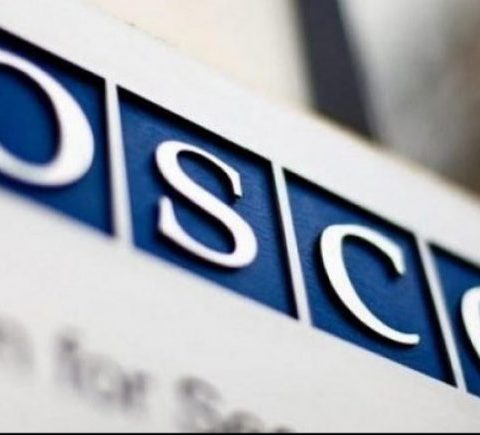TIRANA, Nov. 3, 2022 – Albania’s central bank intervened again on Wednesday, for the fourth time in a row, increasing its key interest by 0.5 percentage points to 2.75 percent.
In continued attempts to counter an ever-increasing inflation, the Bank of Albania Supervisory Council has been increasing rates since March, after 13 years of unchanged near-zero rates.
The increase in rate in practical terms means that those who have or take loans in Albanian Lek (ALL) will have to pay more in interest.
In a statement, the bank noted that “inflationary pressures remain the main risk on the sustainable and long-term growth of the country.”
In this year’s third quarter, consumer price inflation marked another increase, to an average value of 7.9 percent, after reaching 8 and 8.1 percent in August and September, respectively, , according to Instat, the official state statistics body.
Real inflation in terms of consumer prices could be as high as 12 percent, however, according to some economists.
The moves of Bank of Albania reflect those of the world’s largest central banks in the European Union and the United States, which have both repeatedly raised their key interest rates this year to deal with inflation following quantitative easing during the pandemic as well as the start of the Russian invasion of Ukraine, which has put additional pressure on prices and supply chains, especially for food and energy.
“The consequences of the impact of foreign supply on the Albanian economy are becoming more and more visible. In particular, the analysis of the available information suggests that inflationary pressures are increasing and their base appears to be expanding,” said a statement by Albania’s central bank.
It also noted that domestic products are also increasing in price.
“The increase in inflation was reflected to the greatest extent in the increase in the price of food, oil and transport costs. This group of items generated about 8 percent of total inflation in the third quarter. However, the increase in prices has started to be present in most of the basket goods, including those items that have most of the added value created domestically. This trend suggests the simultaneous increase in the basis and intensity of inflationary pressures,” said Bank of Albania Governor Gent Sejko, who spoke at a press conference after the meeting of the Supervisory Council.
The central bank expects inflation to remain high until the end of the year, but to be progressively reduced during 2023 and to return to the target of 3 percent in the second quarter of 2024.
BoA is expected to continue with other interventions to increase rates in the following months. Such an aggressive policy was also suggested earlier by a mission of the International Monetary Fund.
“Given that the risks to the inflation outlook are on the increase, monetary tightening … and further interest rate increases are necessary,” the IMF noted.
Albania’s official goal of 3 percent inflation has been overshot as global inflation pressures have led to the highest prices in 20 years in Albania.










